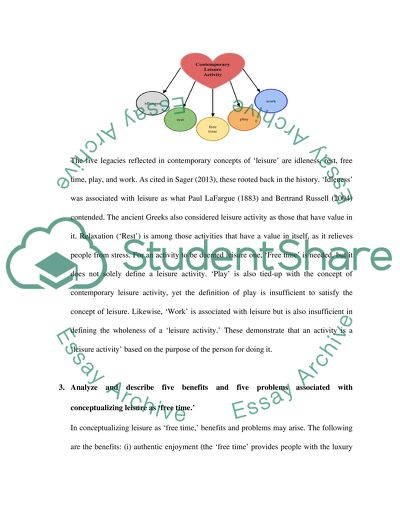Cite this document
(“Short/Long Answers in Tourism 100 Assignment Example | Topics and Well Written Essays - 1500 words”, n.d.)
Short/Long Answers in Tourism 100 Assignment Example | Topics and Well Written Essays - 1500 words. Retrieved from https://studentshare.org/tourism/1678631-shortlong-answers-in-tourism-100
Short/Long Answers in Tourism 100 Assignment Example | Topics and Well Written Essays - 1500 words. Retrieved from https://studentshare.org/tourism/1678631-shortlong-answers-in-tourism-100
(Short/Long Answers in Tourism 100 Assignment Example | Topics and Well Written Essays - 1500 Words)
Short/Long Answers in Tourism 100 Assignment Example | Topics and Well Written Essays - 1500 Words. https://studentshare.org/tourism/1678631-shortlong-answers-in-tourism-100.
Short/Long Answers in Tourism 100 Assignment Example | Topics and Well Written Essays - 1500 Words. https://studentshare.org/tourism/1678631-shortlong-answers-in-tourism-100.
“Short/Long Answers in Tourism 100 Assignment Example | Topics and Well Written Essays - 1500 Words”, n.d. https://studentshare.org/tourism/1678631-shortlong-answers-in-tourism-100.


